As the summer season reaches its peak, the soaring temperatures can significantly disrupt our sleep patterns. Warm nights might be perfect for a beach party, but they are far from ideal when you're trying to catch some restful sleep. Here are some practical tips to help you stay cool and sleep better during those hot summer nights.
Understand the Impact of Heat on Sleep
It's important to recognize why heat so drastically affects our sleep. Our body temperature naturally dips as we near bedtime, signaling our systems that it’s time to slow down. However, high temperatures can interfere with this natural thermoregulation process, making it harder to fall asleep and stay asleep.
Create a Cool Environment
1. Optimize Your Bedroom Layout and Bedding
Block out the sun during the day using blackout curtains or blinds. This not only keeps the room cooler but also saves energy.
Use breathable sheets such as cotton or bamboo, which do not trap heat as much as polyester blends. Swap out heavy comforters for lighter, airy bed covers.
Elevate your bed slightly if possible. Heat tends to rise, so lifting where you sleep can help you stay cooler.
2. Use Fans Strategically
Place a fan across from a window to help create a cross breeze, which pushes hot air out and pulls cool air in.
If it’s cooler outside than inside, a fan in front of an open window can bring in the cool air. If the outside is hotter, it's better to keep windows closed and the fan circulating air inside.
3. Consider Investing in an Air Conditioner or Evaporative Cooler
Portable air conditioners can be a good solution if you don’t have central air. Evaporative coolers are also effective, especially in dry climates, and are generally more energy-efficient.
Adjust Your Lifestyle
1. Modify Your Diet and Exercise
Avoid heavy meals and caffeine close to bedtime as they can increase metabolism and body temperature.
Exercise is important, but try to schedule it for the cooler parts of the day. Exercising too close to bedtime can increase your body temperature and make it difficult to fall asleep.
2. Stay Hydrated
Drink plenty of fluids throughout the day, but avoid taking in too much right before bed to minimize nighttime trips to the bathroom.
3. Take Cool Showers
A lukewarm or cool shower before bed can help lower your body’s core temperature and wash away sweat and grime, making you feel more comfortable and relaxed.
Use Technology Wisely
1. Try Sleep Technology
Gadgets like the BedJet or ChiliPAD control the temperature of your bed, providing a cooler sleep environment.
Sleep-tracking apps can help you understand how the heat is affecting your sleep patterns and suggest adjustments.
2. Limit Screen Time
Electronic devices emit a type of light that can interfere with the release of the hormone melatonin, which helps regulate sleep-wake cycles. Try to put away these devices at least an hour before bedtime.
Be Mindful of Air Quality
High temperatures can often be accompanied by poor air quality, which can exacerbate sleep difficulties, especially for those with respiratory conditions. Keep an eye on local air quality reports and use an air purifier if necessary.
The challenges of sleeping well during extreme summer heat are not insurmountable. By adjusting your environment and habits, you can ensure a better night's sleep and enjoy your days, regardless of the temperature outside. Stay cool and sleep well!
